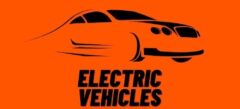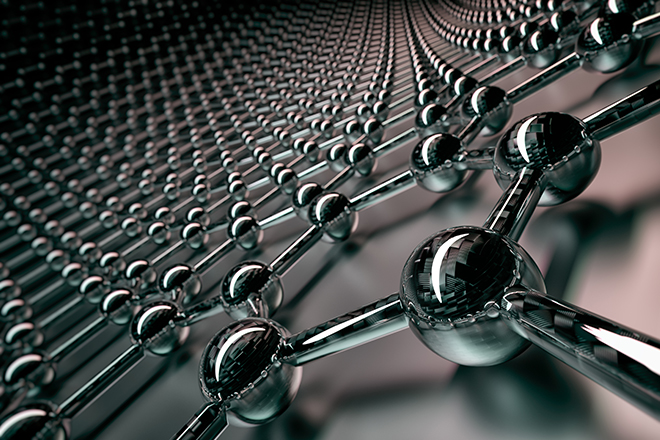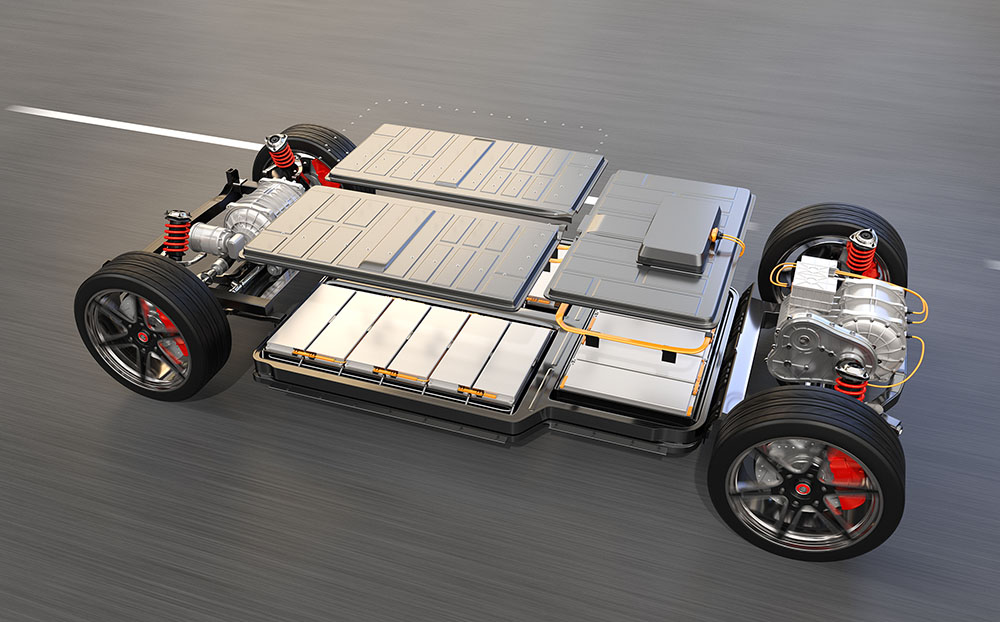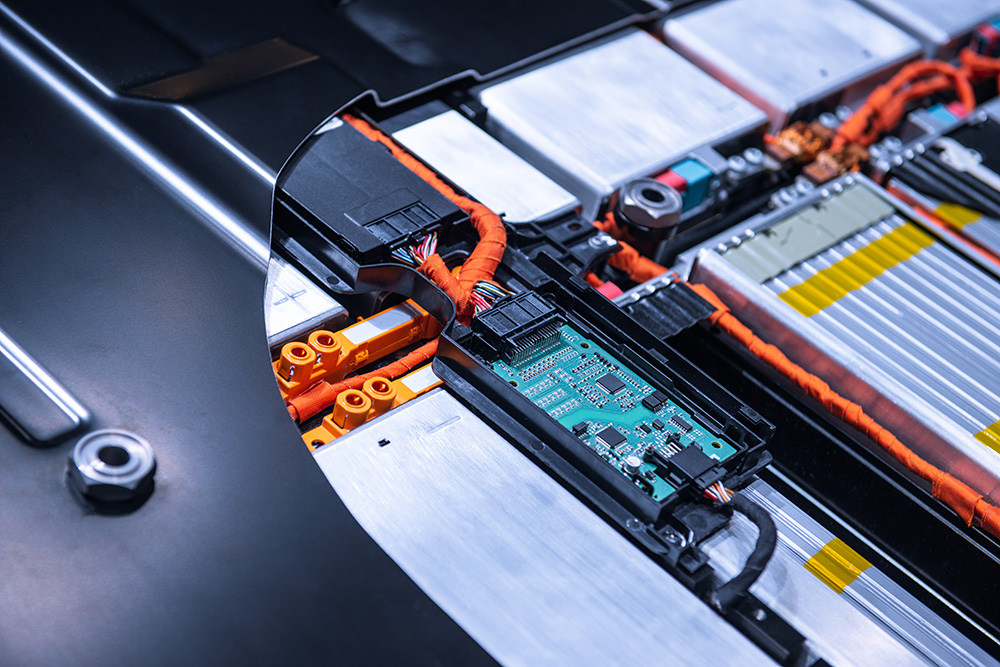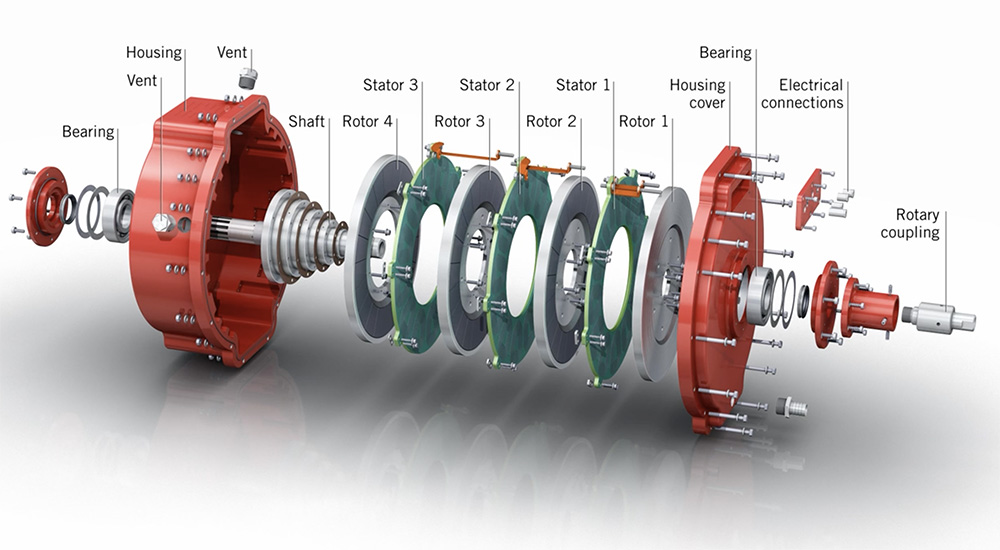[ad_1]
A team of researchers has fabricated thick electrodes from two-dimensional materials in order to design an electrode for faster charging and higher energy capacity in lithium-ion batteries.
“Two-dimensional materials are commonly believed [to be] a promising candidate for high-rate energy storage applications because it only needs to be several nanometers thick for rapid charge transport,” says research team member Guihua Yu. “However, for thick-electrode-design-based next-generation, high-energy batteries, the restacking of nanosheets as building blocks can cause significant bottlenecks in charge transport, leading to difficulty in achieving both high energy and fast charging.”
In an article published in the Proceedings of the National Academy of Sciences, the researchers write: “Here, we develop a method of controlling nanosheet assembly via the combination of an external magnetic field and drying-based densification to prepare high-density, low-tortuosity electrodes. The vertically interconnected nanosheet network provides efficient pathways for mass transport, delivering both high areal and volumetric capacities far beyond those of commercial electrodes.”
According to the researchers, “This dense and thick electrode is capable of delivering a high volumetric capacity >1,600 mAh cm−3, with an areal capacity up to 32 mAh cm−2, which is among the best reported in the literature.”
The researchers also found that a horizontally arranged electrode built with the same materials reached its 50% energy level in 2 hours and 30 minutes compared to 30 minutes for a vertical electrode, according to UT News.
“Our electrode shows superior electrochemical performance partially due to the high mechanical strength, high electrical conductivity and facilitated lithium-ion transport thanks to the unique architecture we designed,” says research team leader Zhengyu Ju.
Source: UT News
[ad_2]
Source link
